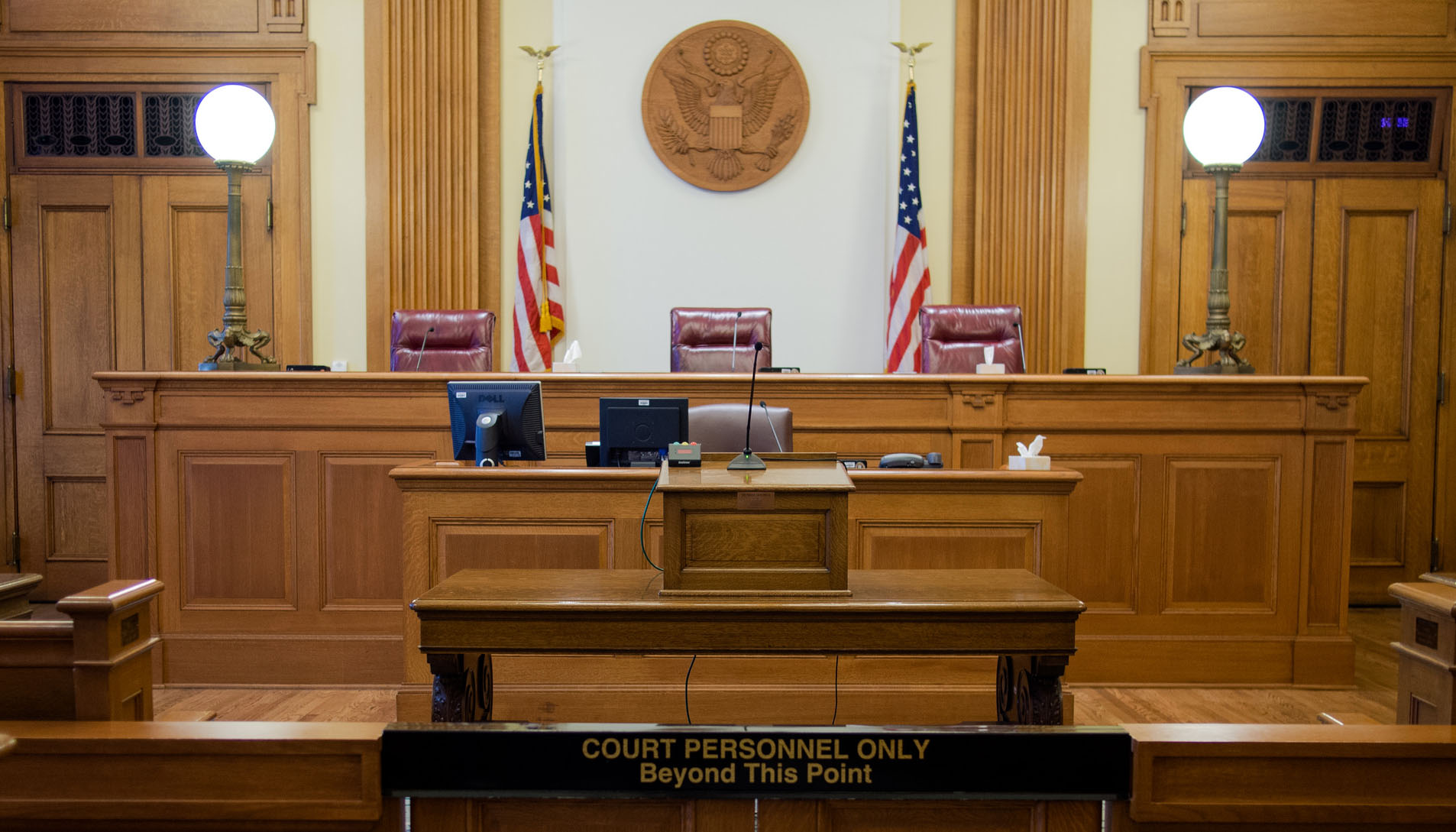Last week, District Court Judge Andrew Hanen issued a highly extraordinary order telling the Department of Justice (DOJ) to turn over personal information of about 108,000 or so individuals who have received three-year reprieves from deportation and three-year work permits under the Deferred Action for Childhood Arrivals (DACA) initiative. This court order serves as yet another reminder that the suit brought by 26 states to block the implementation of expanded DACA and Deferred Action for Parents of Americans and Lawful Permanent Residents (DAPA) is highly politicized and unprecedented. Although there are reasons to believe that Judge Hanen’s order may be successfully appealed, it nonetheless is an unusual twist in a lawsuit that now is in the hands of eight Supreme Court Justices.
This order stems from previous hearings where Judge Hanen threatened DOJ attorneys with sanctions for “misleading” him regarding the government’s implementation of expanded DACA and DAPA, in accordance with a November 20, 2014 memo. In addition to setting forth eligibility requirements for expanded DACA and DAPA, the memo announced that the government would begin issuing deferrals of deportation and work permits for three years instead of two, even for those who applied under the original 2012 DACA initiative:
“The period for which DACA and the accompanying employment authorization is granted will be extended to three-year increments, rather than the current two-year increments. This change shall apply to all first-time applications as well as all applications for renewal effective November 24, 2014. Beginning on that date, USCIS should issue all work authorization documents valid for three years, including to those individuals who have applied and are awaiting two-year work authorization documents based on the renewal of their DACA grants.”
Under this memo, from November 24, 2014 until February 16, 2015, the government issued 108,000 three-year approvals, including work permits, to individuals who qualified for the original DACA initiative announced in 2012.
Judge Hanen claims DOJ misled him when, with respect to implementation of expanded DACA and DAPA, its lawyers stated early in the litigation that they “really would not expect anything between now and the date of the hearing.” In fact, this assertion regarding the proposed deferred action initiatives was correct. Expanded DACA and DAPA were scheduled to be implemented on February 18 and May 19, 2015 respectively, but then were enjoined on February 16, and have not yet been implemented. However, Judge Hanen claims that DOJ’s failure to state at this time that the three-year deferrals had begun was intentional and constituted a misrepresentation.
DOJ asserts that its lawyers merely misunderstood what Judge Hanen was asking in terms of implementation. The focus of the case was on the proposed new initiatives—expanded DACA and DAPA—not on original DACA. Further, DOJ notes in a brief on this issue that if it was trying to hide this change from two to three year increments, the agency did a bad job considering it was posted on the Department of Homeland Security’s website.
Judge Hanen was unconvinced by these arguments and last week issued an order imposing two sets of sanctions. First, hundreds of DOJ attorneys must take an in-person ethics course. Second, DOJ must turn over the names and addresses, among other personal information, of the 108,000 individuals to him. While Judge Hanen states that this information will initially be kept under seal, it could be released to any of the 26 states that are parties to the lawsuit if they show “good cause.”
With the Supreme Court set to announce a decision on whether expanded DACA and DAPA can move forward next month, Judge Hanen’s order has the potential to stoke fears in the immigration community about what will ultimately happen to their personal information. For the sake of the immigrant families whose lives are directly impacted by this turn of events and future executive actions on immigration, DOJ should immediately appeal this misguided and dangerous order.
FILED UNDER: DACA, DAPA, featured, Judge Hanen, U.S. v. Texas


